Descrizione
The poetry of Alice Thompson Meynell (1847-1922) has only recently been rediscovered by literary criticism. Although the form of her poetry was shaped on the laurelled tradition of the English poetic canon, its content gives an impression of strange uneasiness, as if it were on the verge of swelling and imploding within the constraints of the form of poet rationally imposed on it. As a Victorian poet, she encaged an extremely “modern” content in an obsolete form, pushing her way forward in the decades of literary history. As a poet of Nineties, though deeply concerned with the idea of the perfection of form, she remained alien to the Aesthetic Movement and greatly contribuited to the Catholic Literary Revival. Finally, as a poet of the dawn fo the “new” century, she paralleled the poetic experiences leading to modernism while travelling on a different track. The substantial integrity of her poetics and her careful avoidance of any cataloguing within a female lineage make her poetic productionunique in the literary background of her period. The aim of this study is to analyse one, seminal aspect of Meynell’s poetry: the issue of silence. Silence, many times evoked in a large number of her poems often foregrounded in the “real” silence of some of them, is the common denominator of the diverse manifestations of her poetic inspiration. Ultimately, the silence of her texts questions of dichotomy sound/silence from which any linguistic and literary expression arise. Poetry is composed in the full awareness of the reality of its words, by questioning its status as linguistic and literary utterance. The metapoetic concern displayed by Meynell throughout her poetry betrays her deep involvement in the issue of poetic tradition. Her evoked and foregrounded silence subsists as a mark of the full awareness of her belatedness, of her writing “after the event” of great poetry, of the unavoidable necessity to come to terms with all that has already been said by literary geniuses of the past. This very awareness further relativises her approach to poetry and silences her texts by the congealment of their linguistic potentialities and the extreme condensation of their content.

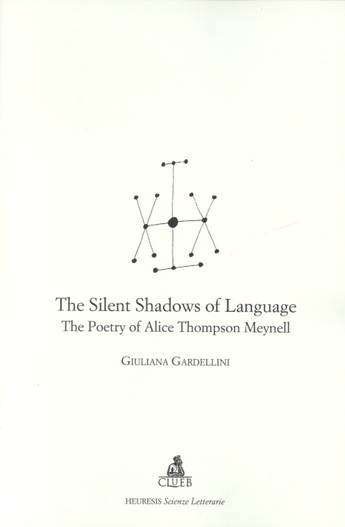
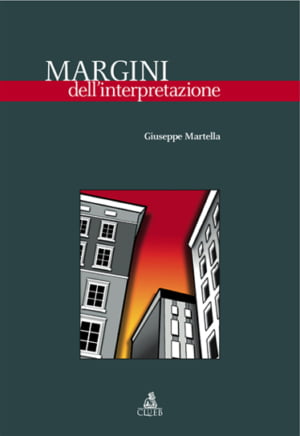
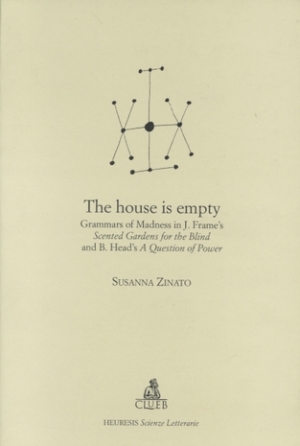
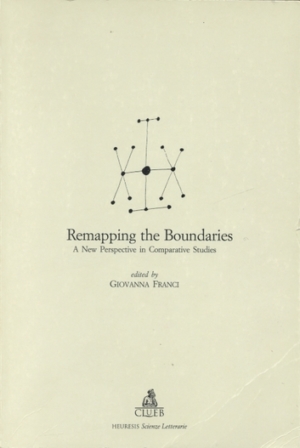
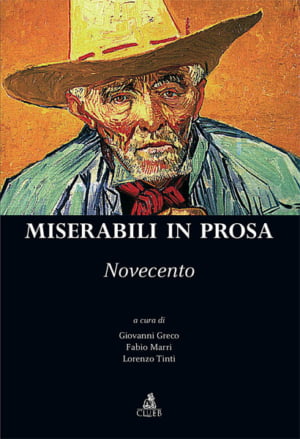



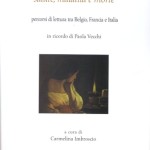
Recensioni
Ancora non ci sono recensioni.